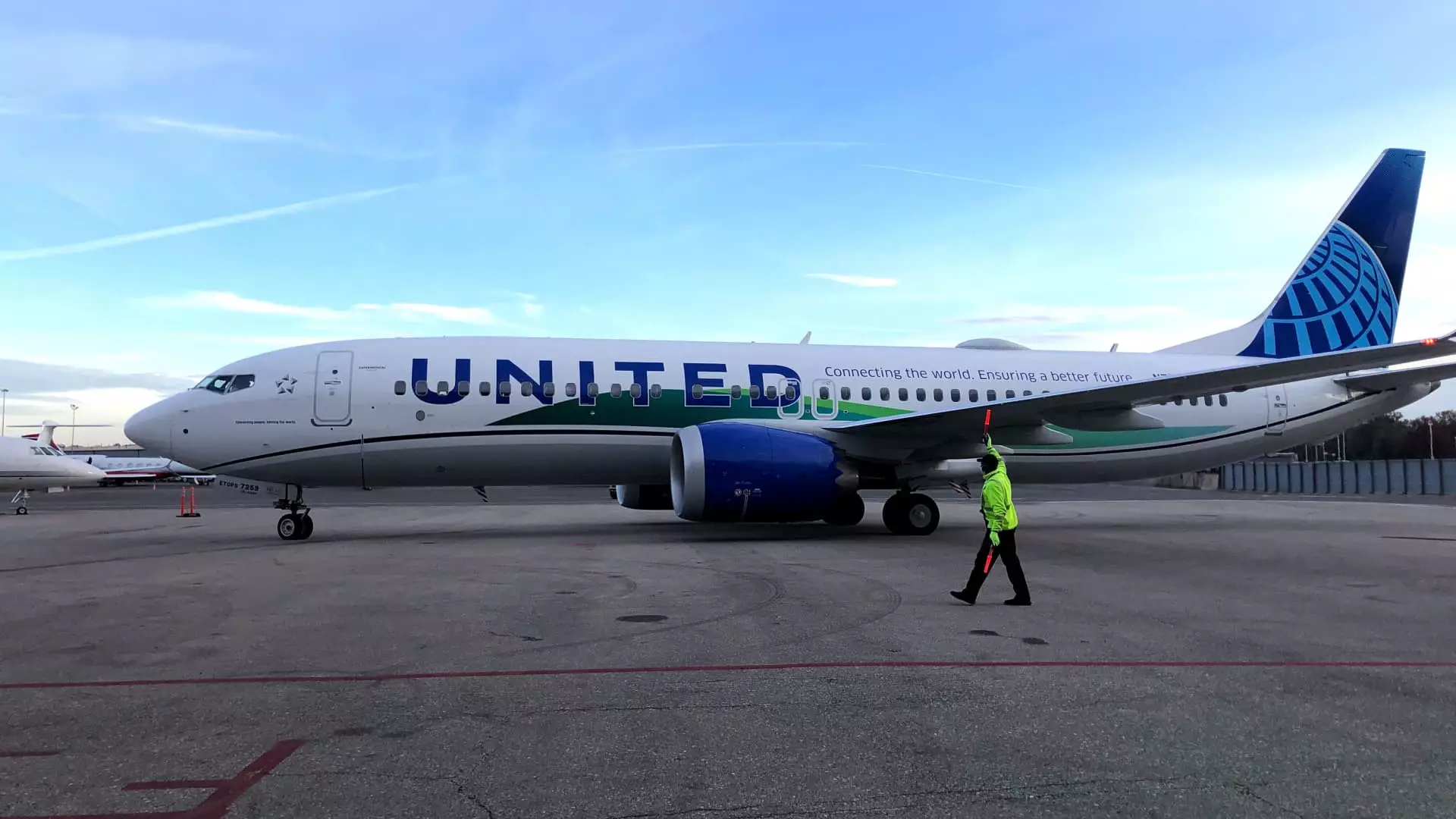United Airlines has announced that it will pause pilot hiring this spring due to delivery delays from Boeing, one of its key aircraft suppliers. This decision comes as Boeing continues to face challenges with production flaws and delays, affecting the delivery schedule of new aircraft to United Airlines.
Pause in Pilot Hiring
The decision to pause new hire classes in May and June reflects the ongoing challenges faced by Boeing in certifying and manufacturing aircraft. United Airlines anticipates resuming pilot hires in July once the delivery schedule from Boeing stabilizes.
United Airlines executives, Marc Champion and Kirk Limacher, highlighted the impact of Boeing’s production issues in a memo to staff, citing the need to adjust the pace of pilot hiring in response to the delays. This pause in hiring is a strategic move to align with the revised aircraft delivery timeline from Boeing.
Boeing’s struggles with production flaws, such as incorrectly drilled holes in fuselages and other quality control issues, have led to delays in aircraft deliveries to customers like United Airlines. The recent incident involving a door plug on a Boeing Max 9 aircraft operated by Alaska Airlines further underscored the challenges faced by Boeing in meeting production targets.
The certification delays for the Boeing 737 Max 10 have also impacted United Airlines’ fleet plan, with the airline now adjusting its growth projections for 2024. United CEO, Scott Kirby, acknowledged the uncertainties surrounding the delivery of aircraft, particularly the Max 10 model, which remains uncertified by the FAA.
The ripple effects of Boeing’s production disruptions are being felt across the aviation industry, with other U.S. carriers also adjusting their pilot hiring plans in response to slower aircraft deliveries. American Airlines and Delta Air Lines have both made changes to their pilot recruitment strategies, reflecting the broader impact of Boeing’s production challenges on the industry.
The shortage of aviators, coupled with supply chain constraints faced by aircraft manufacturers like Boeing and Airbus, has led to increased airfares and operational challenges for airlines. As carriers navigate the complexities of delayed aircraft deliveries, the implications for pilot recruitment and fleet planning are becoming more pronounced.
United Airlines’ decision to pause pilot hiring is a strategic response to the evolving landscape of aircraft deliveries and production challenges. As Boeing works to address its production issues and meet delivery commitments, airlines like United are adapting their hiring strategies to align with the changing dynamics of the industry.
The impact of Boeing’s delivery delays goes beyond individual airlines, shaping the trajectory of pilot recruitment and fleet planning for the industry as a whole. As carriers recalibrate their growth projections and adjust to the evolving challenges in aircraft manufacturing, the ripple effects of Boeing’s production issues will continue to reverberate throughout the aviation sector.
United Airlines’ decision to pause pilot hiring underscores the complex interplay between aircraft manufacturers, airlines, and the broader aviation ecosystem. By navigating the challenges posed by Boeing’s production delays, airlines are reshaping their strategies and priorities to ensure operational resilience in the face of ongoing disruptions in the industry.


Leave a Reply